Money rules the World – Example Roman Republic
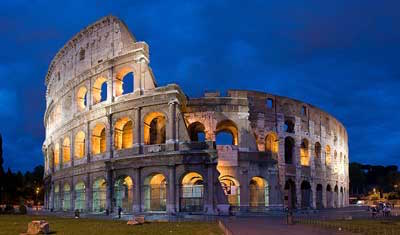
Since the financial crisis of 2007, the focus of historical research has shifted. The role that money plays in great events now receives far more attention. In fact, looking at financial relationships can profoundly change our understanding of history. And this applies not just to the tumultuous events of the 20th century but also to those of far earlier times. The history of the Roman Republic’s fall is a very good subject for this kind of analysis. For centuries, our understanding of this period was based on literary sources like Cicero, Sallust and Julius Caesar.
The MoneyMusuem thought it was high time to take a fresh look at the economic background of the fall of the Roman Republic. What role did money play in the rise of the Empire? What were the effects of Rome’s notoriously tight-fisted rule of its far-flung provinces and what were the effects of this frugality on neighboring lands? What changed when the Roman army was transformed from a citizen’s force to a professional army? And how did Caesar employ debt and credit to become the most powerful man in the Rome?
The exhibition “Money in Rome – History written in silver coins” focuses on the first century BC. The MoneyMusuem’s strong collection of coins from this period serves as a primary source for our study, and these coins sometimes tell a rather different story than the literary sources. Indeed, the financial side of the Roman Republic’s story is an excellent example of how economic necessities and the financial interests of a few powerful people can influence policy and dramatically form history.
The exhibition explores key questions like:
- What was the typical path to political power in Rome?
- How did money and family connections influence a political career?
- What changed when the Roman army became a professional fighting force?
- How did Julius Caesar use money to achieve power?
- How did tax reform spur the rise of the Roman Empire?
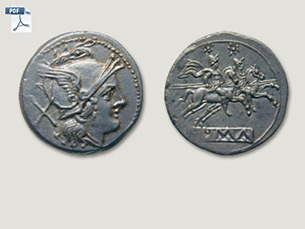
Lessons to be learned
- The Roman Republic’s downfall is a prime example of how important it is to understand the economic interests of all parties in order to explain their political actions.
- More than any other factor, economic control is the source of political power. Whoever gains control of the state’s finances is assured of ultimate power.
- To understand the causes of war, look to the underlying economic factors, which play a larger role than ideological difference. Most wars arise not from ideological reasons, but from economic necessities.
- A fair and transparent tax system is the basis for a thriving economy. An unjust, unpredictable tax system can ruin even the wealthiest economy.
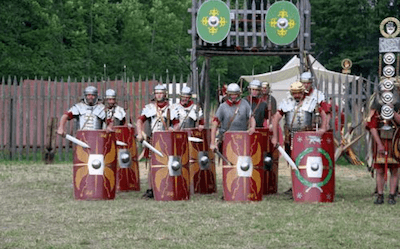
War is the Father of all Things
Roman Republican thinking focused on war. Everything was connected with war: important gods, the army. Therefore it’s hardly surprising that the Romans invented money just to improve warfare.
.
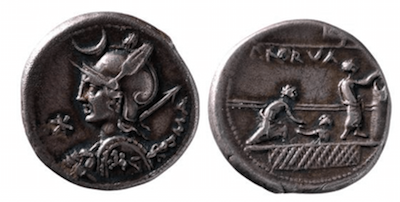

Drive to Power
A political career cost money in Rome and those who failed were wiped out financially. Which consequences this brought for those who lived in the Roman provinces and in neighboring regions, you will read here.
A prominent family is half the battle
Where does the money come from?
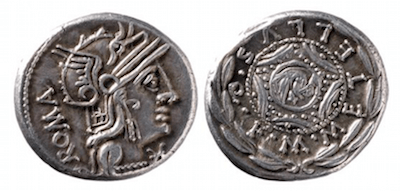
The Caecilii Metelli: A textbook example of success
The Caecilii Metelli are a true example for the way families and their network dominated Roman politics in the Republican period.
The Caecilii Metelli: A textbook example of success
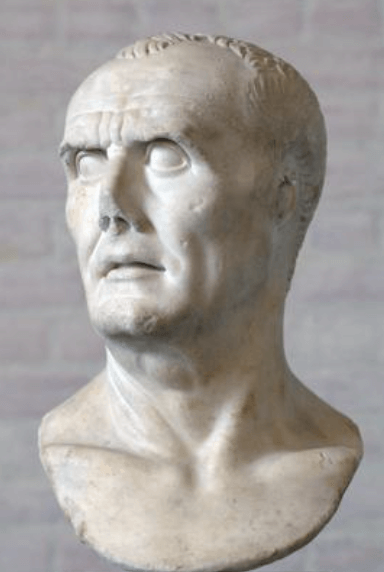
The era of the imperators: A system at its limits
As soon as the Roman legionaries became professional soldiers their commanders won power to a degree the Roman Republic never had seen before. The Imperators dominated the first cent. BC.
The era of the imperators: A system at its limits
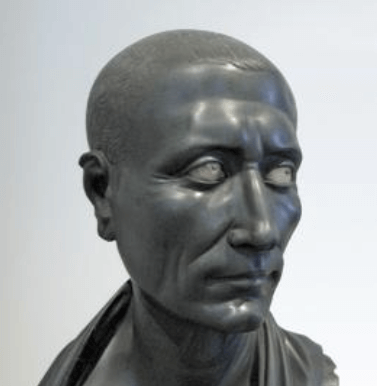
Caesar's genial Policy
Caesar came out of nowhere and became the mightiest man in Rome. Money played a decisive part. Which, you will learn here.
Rebellion of the reactionaries
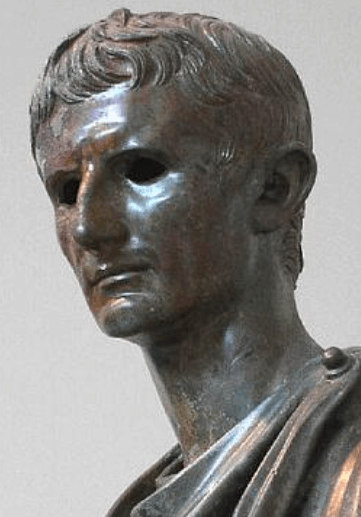
Fight for Succession
What happened after the murder of Caesar, and how did Octavian manage to edge all the other important politicians aside, despite his adverse initial situation.
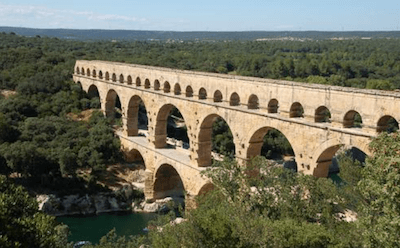
And where did future emperors take the money from?
The Emperor was not only a political and military, but first and foremost the most important economic power in Rome. He obtained the money from the elaborated fiscal system, which he controlled.